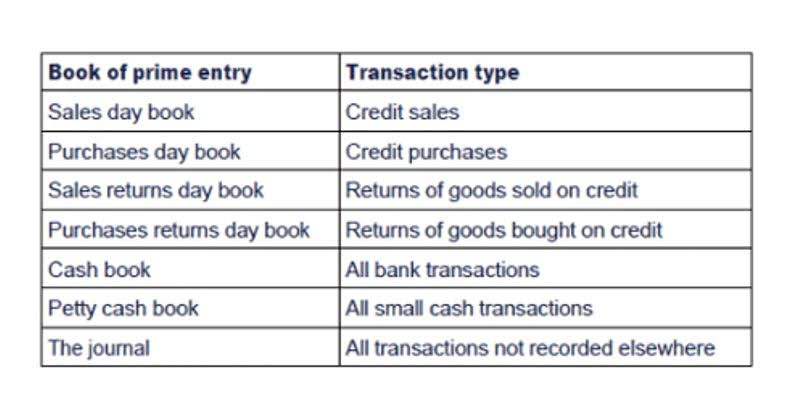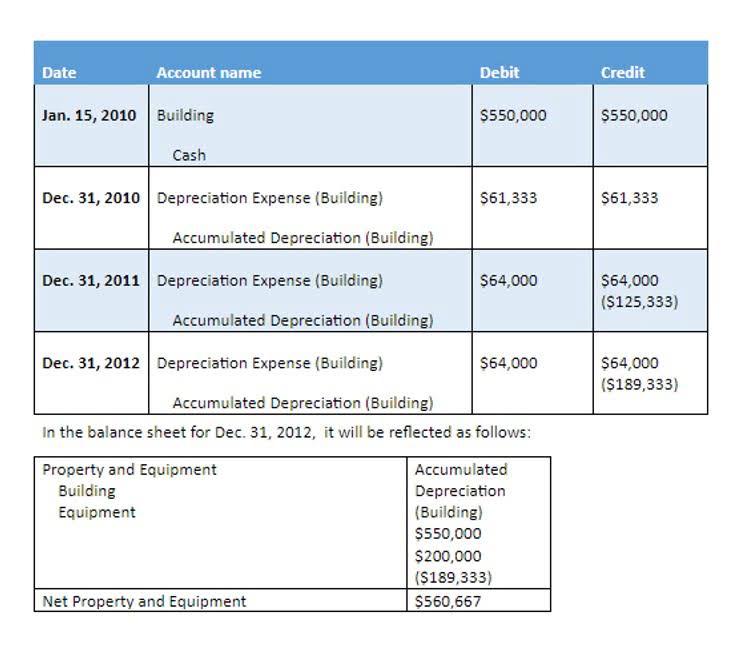
External auditors tend to be public accountants working as independent auditors to assess assets = liabilities + equity a company’s internal control systems and accounting practices. External audits play a crucial role in instilling confidence in the organization’s financial reporting practices and ensuring transparency for external stakeholders. While internal audits focus on internal processes and controls, external audits focus on providing independent verification of financial information to external parties. The primary focus of internal audits is to provide valuable insights and recommendations to management for improving internal controls, risk mitigation, and overall efficiency.
How to Prepare An Internal Audit Program? Tips and Guidance
External audit reports will also include the auditor’s opinion on the fairness of the organization’s financial statements and compliance with accounting principles and reporting standards. When the auditors have completed their work, they provide a report to management and other stakeholders. The content and format of these external audit reports is specified by the auditing standards. At an exit conference with management, the auditors may discuss the deficiencies in a company’s internal controls and may also provide management with suggestions for improving the business.
Managing Cash Over and Short in Financial Practices

Reporting lines and independence play a pivotal role in differentiating between internal audit and external audit processes. We’ll explain what internal and external audits are and highlight the key differences between internal vs external audit the two. When it comes to auditing, it’s important to understand the difference between internal and external audits.

Conducted By

External auditors work for an independent body to assess the financal records and practices of a company. External audit activities not only check for errors and misstatements, they also evaluate if those errors likely came from the intentional actions of the employees of the organization. But since no professional designation is required for internal audit, it may be up to the company to spell out and enforce those standards. External audits necessitate swift responses to compliance imperatives and provide recommendations to management on addressing identified control deficiencies and improving financial reporting practices.
- The internal audit function should ideally be improvement-oriented—How can our governance and risk management processes be more effective in managing risk and supporting organizational objectives?
- External auditors work for an independent body to assess the financal records and practices of a company.
- They are responsible for reviewing and assessing the internal control of the entity, compliant review, and fraud investigation.
- On the contrary, an external audit is independent in which the third party is brought to the firm to carry out the procedure.
- A third party or independent auditor, called external auditor, is appointed to carry out the process of audit and give an unbiased opinion on the financial statements and records of the company.
- Knowing when to employ each type of audit can make or break your financial strategy, ensuring that your company is on the right track toward sustained growth and success.
- However, these two types of audits serve different purposes, follow distinct methodologies, and deliver unique insights.
The internal auditor reviews financial reports and records, operational processes, and risk management practices to find potential weaknesses and areas for improvement. This proactive approach helps organizations enhance their operations, protect assets, and https://www.bookstime.com/articles/payment-recovery achieve their strategic objectives through improved business practices. Both internal and external audits adhere to different timelines and frequencies based on their objectives and regulatory requirements.

